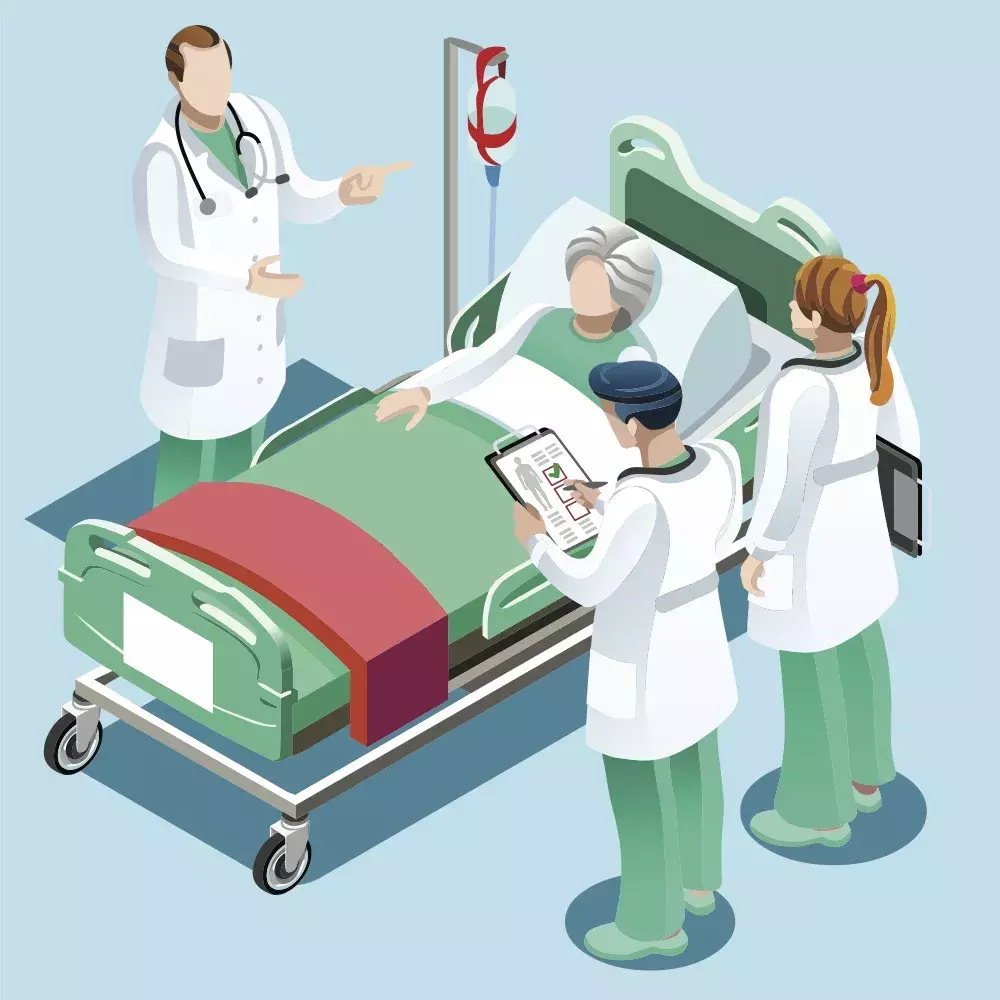Learning to behave as a doctor

Looking back at his medical training, this author describes how innocence carried with it the capacity to be hurtful and insensitive in many areas of practice that were thought to be modelled on the conduct of ‘better’ clinicians.
Up to the late 1960s probably most medical schools in British Commonwealth countries provided very little undergraduate training and experience in the important subtleties of medical practice. We emerged as very naive junior professionals, poorly trained in practical procedures. Paternalistic practice was the accepted mode, and varying degrees of arrogance characterised doctor–patient interactions. However, there were some older consultants and general practitioners who remembered the shattering of their own innocence and sought to help us on the basis of their own embarrassing experiences.
Lessons from the physical examination
As a final-year medical student I was attached to an ENT run. As I timidly introduced myself to the universally acknowledged doyen of the specialty, he produced a warm smile and asked me to sit down.
‘Now you are the doctor and I am the patient. Kindly proceed to examine my ears, nose and throat’, he said.
Well aware of my profound ignorance, I proceeded to sit in front of him.
‘Wrong!’, he thundered. I heard the ex-army theatre sister giggling quietly and my embarrassment was acute.
‘When you sit in front of a patient, you do not spread your legs. That applies to all patients – at your tender age you do not necessarily know who is a woman and who is a man.’
That final remark puzzled me at the time, and it took a while to work out what he meant. He then instructed me to, as he put it, ‘ride side-saddle, like the Queen at the Horse Guards Parade’ when seated in front of a patient.
‘If a woman decides to attack you in your vulnerable parts you’ll have to defend yourself in any case’, he chuckled. He then discussed dental hygiene and the need to avoid beery breath, garlic fumes, etc. At that stage I don’t think I had ever eaten garlic, but as students, the occasional beer was our main luxury.
Perhaps because of the dominant paternalistic approach, insensitivity to various phases of physical examination was the norm. I was shocked by the attitude of most surgeons as they watched their registrars undertake rectal or vaginal examinations, until a sensitively aware senior surgeon took me aside and showed me how to conduct a rectal examination so that the patient suffered minimal discomfort. To my surprise I discovered that it was possible to undertake these inelegant procedures while inducing minimal discomfort by following a fairly simple set of rules, including paying meticulous attention to the explanation of the disposition of one’s own body and both hands.
I sometimes think that lessons provided in relation to rectal and vaginal examination taught me, as a future teacher, what were the important matters to discuss carefully with undergraduates, and also with many graduates. Indeed, I was well through my first year as an intern before a commonsense senior nurse pointed out that it was ‘polite’, as she put it, to warm a speculum before inserting the threatening metal instrument.
What we were really learning from these semi-narcissistic encounters with the medical arts was that our innocence carried with it the capacity to be hurtful and, in consequence, ineffective in many of the areas in which we thought we had modelled our practice on that of ‘better’ clinicians.
Teaching the subtleties of medical practice
It took another 20 to 30 years before some of the less sensitive and maybe less lucky members of our classes felt the full implications of thoughtless paternalistic behaviour when they suddenly found themselves involved in serious medicolegal adventures. Although medical schools have transformed themselves in most aspects of undergraduate teaching, human personality does not change. Faculties still have to work out how to teach these extremely important skills to the motley collection of students with their varying personalities, degrees of sensitivity, technical skill and recall systems. Life was not meant to be easy for teacher or student. MT
